
It can be confusing, so to help you get a foothold we’ve put together some handy information to guide you through. It covers the types of mortgage available to first-time buyers, how the application process works, saving up for a deposit, using mortgage calculators, helpful first-time buyer schemes, plus tips on buying a new-build home.When you’re buying your first home, the unfamiliar world of mortgages is a steep learning curve. There’s a whole new language to get to grips with, a huge number of deals and lenders to choose from and important decisions to make involving eye-watering sums.
What is a mortgage?
A mortgage is a home buying loan from a bank or building society that you pay back over many years. Whether you’re a first-time buyer or existing homeowner, most mortgages last for 25 years but can be shorter or longer. The lender ‘secures’ the loan against your home until you’ve paid it back. If you can’t keep up with your repayments, the lender can repossess your home to sell it and get their money back.
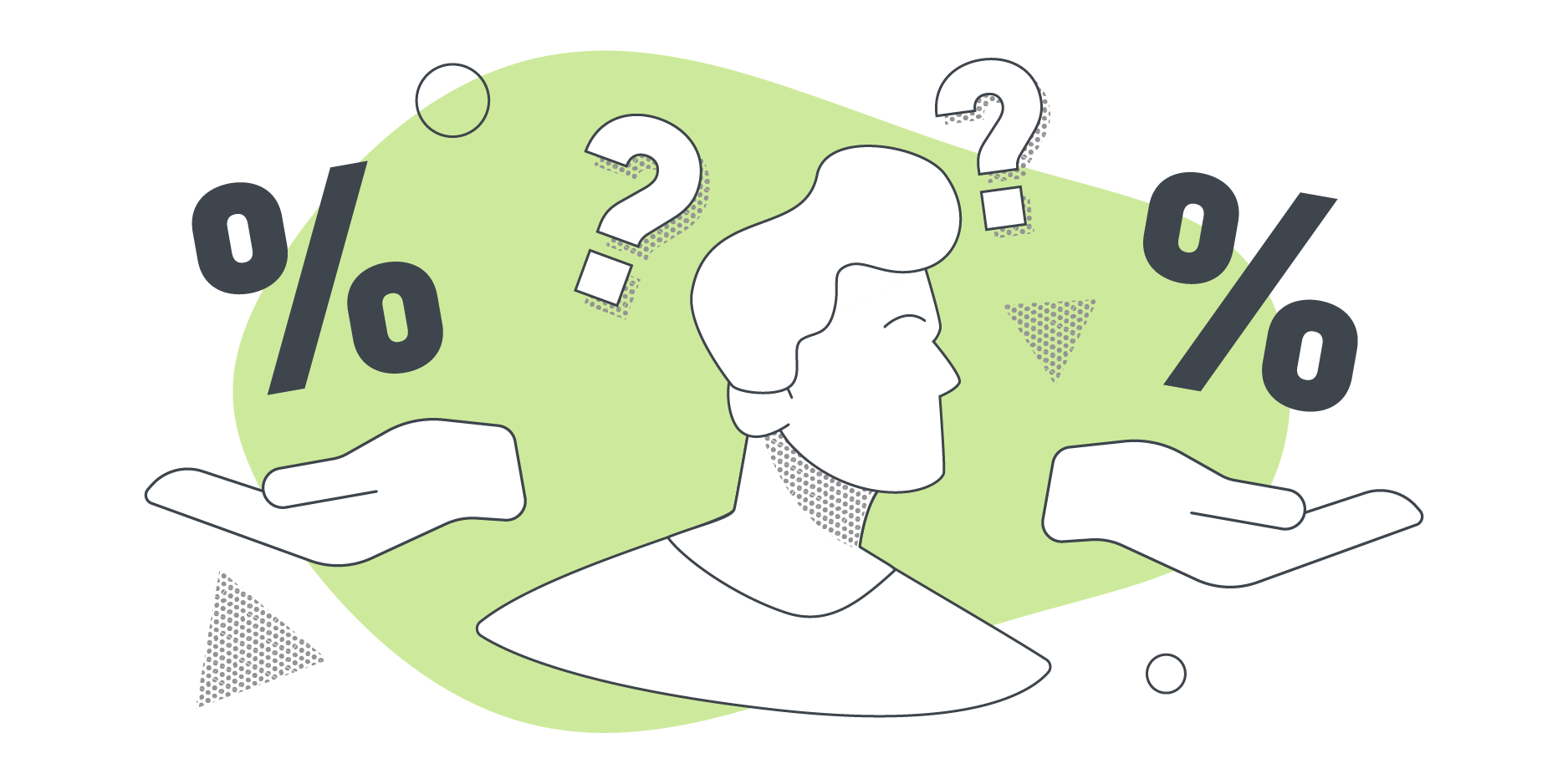
What types of mortgage are available to first-time buyers?
As a first-time buyer, the first thing you’ll realise is that there are quite a few types of mortgage available. Always bear in mind that which one is right for you will depend upon your personal circumstances. So take your time, because choosing the right one could save you money in the long run.
When it comes down to it, there are basically three types of mortgage:
- Fixed rate – the interest rate is frozen at a specific level for a set period of time.
- Tracker rate – the interest rate moves in line with the Bank of England base rate.
- Standard variable rate – the interest rate is set by individual banks and can go up or down at any time.
So what are the most common types of mortgage you might consider if you’re a first-time buyer or purchasing a new-build home? And what are the pros and cons?
Fixed rate mortgage
As the name suggests, this type of mortgage has a set rate of interest for a fixed number of years – usually between two and five, though some lenders offer rates for 10 years and beyond. After that period, you’ll move to your lender’s standard variable rate unless you’ve already arranged a new deal.
The good thing about a fixed rate mortgage is that you get the certainty of knowing what your repayments will be each month, and you’re protected if interest rates raise.
On the other hand, if interest rates fall you won’t benefit and could end up paying more. There is also usually a limit on how much you can overpay (often 10%) and should you want to leave your fixed rate deal early or pay off your mortgage, there will probably be early repayment charges. This is often an upfront fee of between £1,000 and £2,000 – which will need to be factored into your calculations.
Tracker mortgage
This type of mortgage is linked to the Bank of England’s base rate, but also has a certain percentage added on top. Usually a tracker mortgage deal will last between two and five years. But there are some (called lifetime trackers) that cover the entire term of your mortgage.
As you might expect, your repayments will change in response to the base rate. So, if the rate falls so will your repayments. But if it goes up, your repayments will too.
There’s also normally no limit on overpayments with a tracker mortgage, and you can usually switch to a fixed-rate deal penalty-free if your situation changes. One way to avoid being moved to a high standard variable rate is to arrange a new mortgage deal before your existing one comes to an end.
A discount mortgage is similar to a tracker mortgage in that it tracks a rate, however it’s one set by the lender rather than the Bank of England. This means your bank can theoretically change the rate you pay whenever they like, as they don't have to wait for the Bank of England to raise interest rates.
Standard variable rate
When your fixed or variable rate mortgage deal comes to an end, you’ll normally move on to your lender’s standard variable rate mortgage. This can vary as your lender can effectively set whatever rate they wish to.
With a standard variable rate, you aren’t locked in and can leave at any time without paying any exit fees. On the other hand, the rate is likely to be higher than most other deals and it can change at any time.
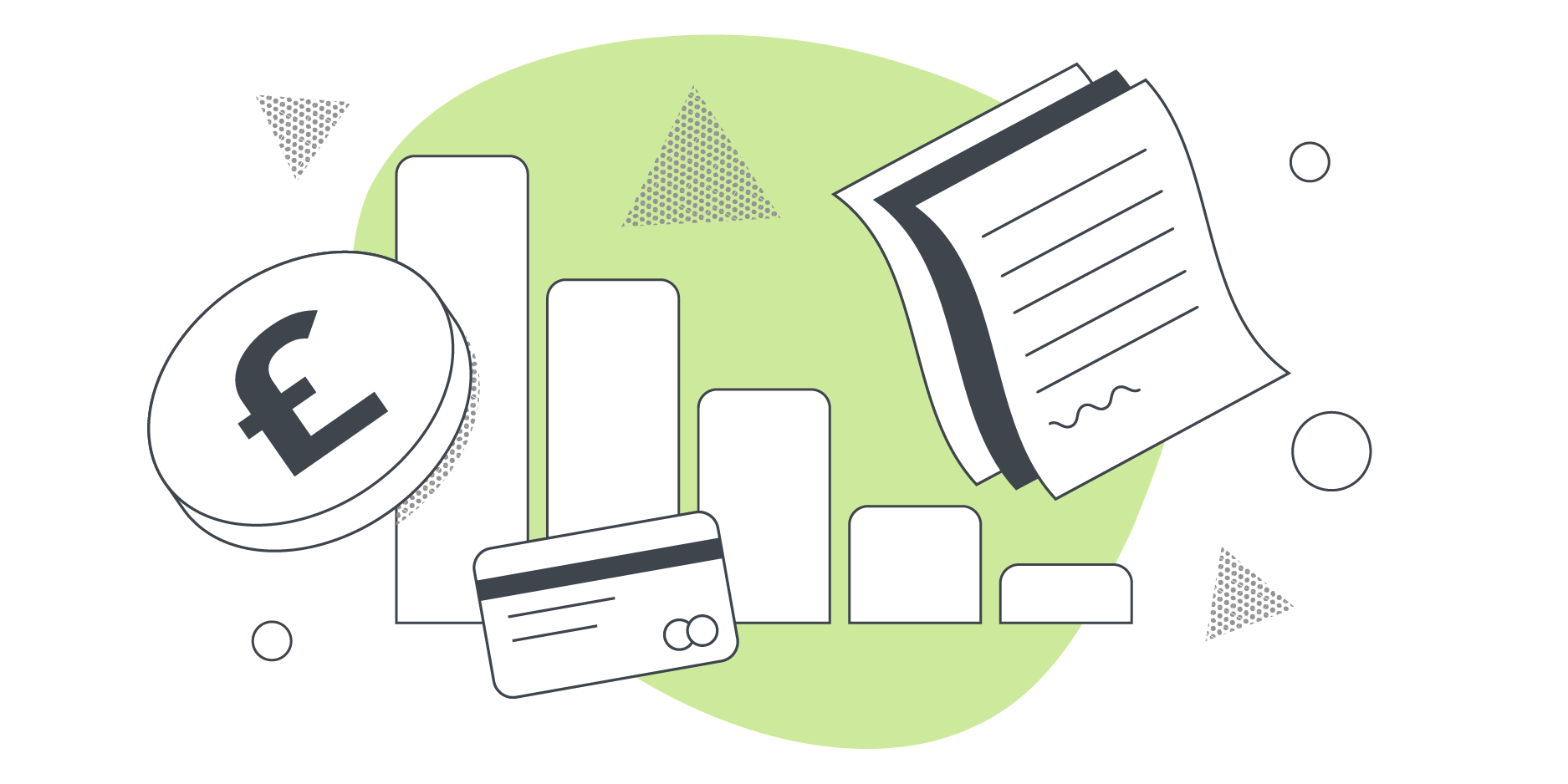
What are the mortgage repayment options for a first-time buyer?
Another decision you’ll need to make if you’re a first-time buyer or purchasing a new-build home is how you’d like to repay your mortgage.
A mortgage has two parts:
- Capital – the fixed amount of money you borrow
- Interest – the lender’s charge on the amount you owe
With this in mind, there are two types of payment option:
Repayment
You make monthly repayments for an agreed amount of time (known as the term) until you’ve paid back both the capital and the interest. As long as you keep up the repayments, your mortgage balance will get smaller each month and will be repaid by the end of the term. With this type of mortgage you repay more each month than if you had an interest-only mortgage, but you'll be chipping away at your debt so will owe nothing when the term ends.
Interest-only
With this option you just pay the interest on the loan each month and repay the full amount you’ve borrowed at the end of the mortgage. Lenders will want to see evidence of a separate savings plan for how you intend to repay the capital at the end of the term.
How do I get a mortgage?
While the mortgage market can seem a daunting place, there are plenty of helpful resources and websites to help you find a mortgage that’s right for you. The handy first-time buyer guide from L&C Mortgages might be a good place to start. You may also want to consider getting expert help from a regulated mortgage adviser or broker.
Doing your homework will help you pinpoint the type of mortgage and lender that feels right for you. You’ll also need to figure out what sort of deposit you’ll need to save up, how much you might need to borrow, how much risk you can accept (e.g. if interest rates went up) and what level of monthly repayments you can realistically afford.
Don’t forget that having a good credit score can help you get a mortgage deal. You can improve your score by:
- Getting on the electoral roll
- Not missing any debt repayments
- Holding the same bank account for a number of years
- Not making too many credit applications in a short time
- Making sure your address information is accurate and up to date
Once you’ve found a mortgage that works for you, the next step might be to get an Agreement in Principle. It’s confirmation from a lender that they would, in principle, be willing to lend you a certain amount of money.
For first-time buyers it’s particularly useful as it proves you can afford to buy a property and it gives you a good idea of which homes are within your budget. Armed with that you can get back to serious home-hunting.
Once you’ve had an offer on a home accepted, the second stage is the full mortgage application. Your lender will conduct a detailed check and ask for evidence of your income and deposit. If your application is accepted, they’ll give you a binding offer.
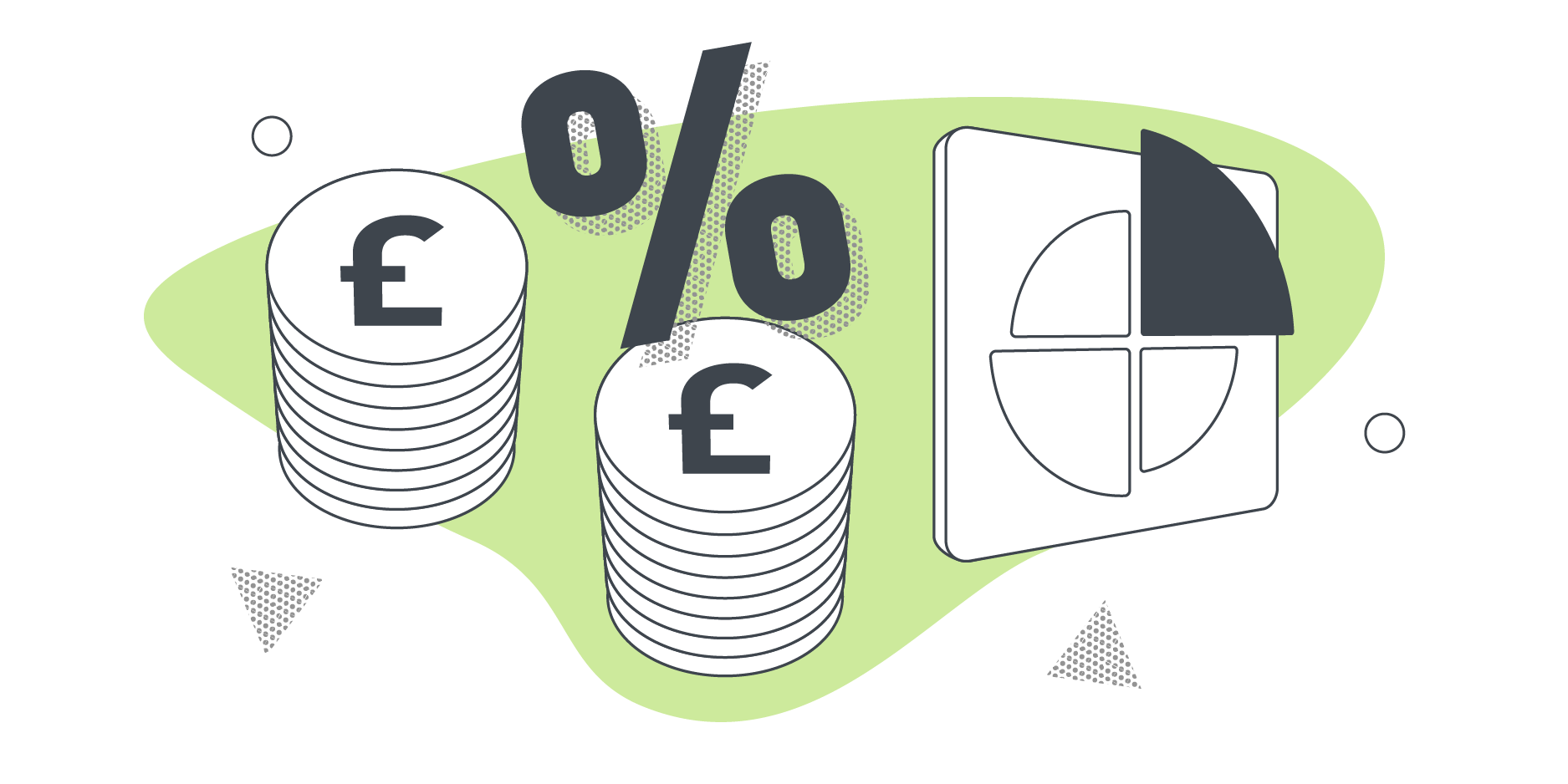
How big a deposit will I need?
This is one of the first and most important questions that first-time buyers ask.
A deposit is a lump of money you put towards the purchase of the home you want to buy.
There are no hard and fast rules, but typically a mortgage lender will expect you to have saved up a deposit equivalent to 10% of the property’s price. A study by Statista shows that in 2021, the average first-time buyer deposit across the UK was £53,935.1
There are ways to get a mortgage with a lower deposit, though. For example, the Deposit Unlock scheme helps first-time buyers get on the property ladder by purchasing a new-build home with just a 5% deposit.
How much can I borrow and how much will it cost?
More important questions for first-time buyers. The good news is that L&C’s online mortgage calculator can help you crunch the numbers.
For example, if you want to find out how much you could borrow, you simply enter your annual salary and that of your partner’s, if applicable. You can also work out how much a mortgage might cost by entering the amount you want to borrow, the interest rate and the term of the mortgage. Of course, all banks have slightly different rules, but the calculator should give you a helpful estimate.
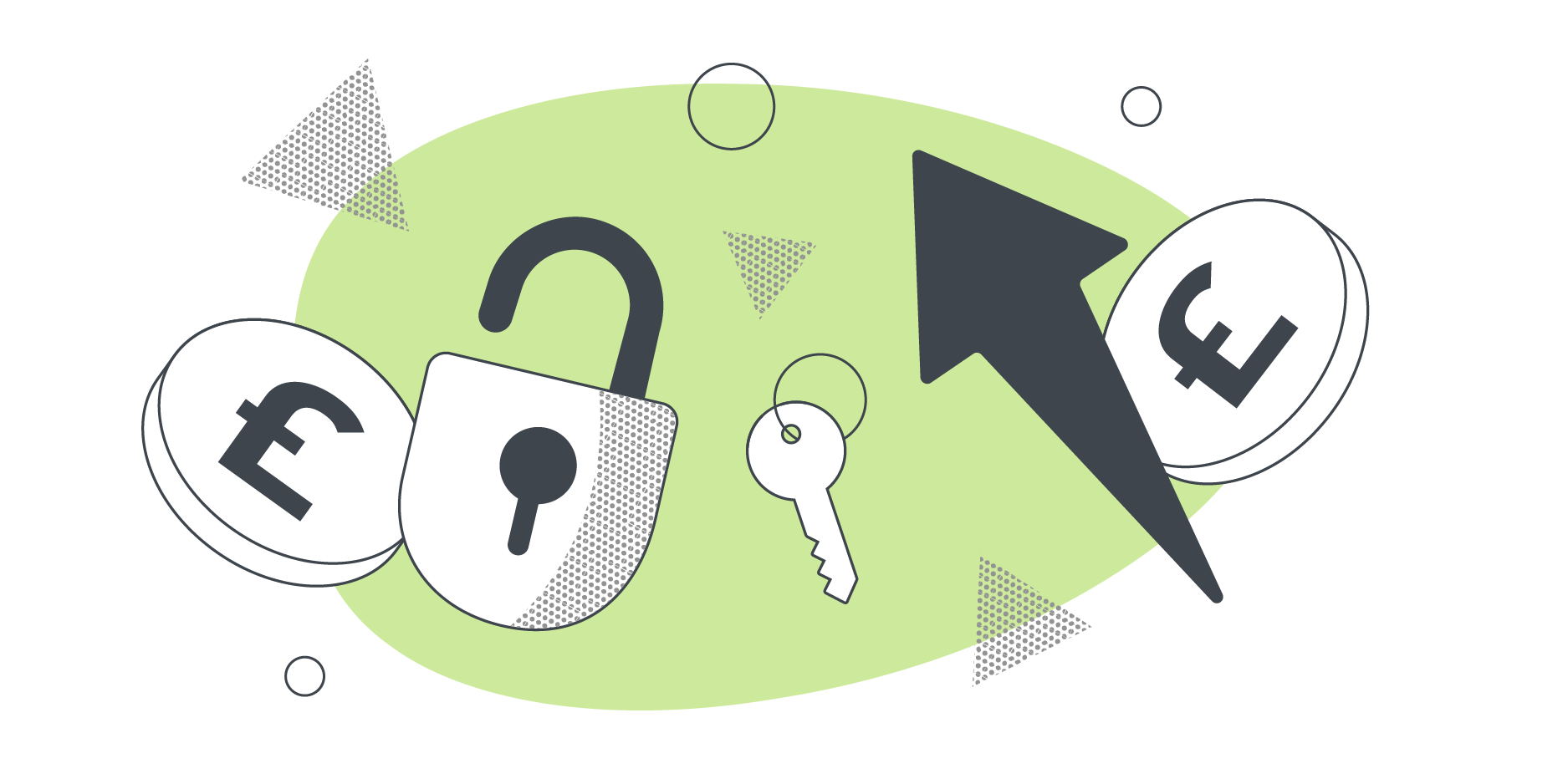
Are there schemes to help first-time buyers?
You’ll be pleased that hear that the answer is yes. In fact, we have a couple of helpful schemes:
Deposit Unlock
If you’re a first-time buyer you could buy with just a 5% deposit. Available on selected new-build homes, Deposit Unlock gives you access to competitively priced mortgage deals up to £750,000 and means you can get the home you want with a 95% mortgage.
Deposit Boost
If you have a 10% deposit, we could boost it with a further 5% of the sale price, giving you a 15% deposit to work with. Deposit Boost means you need to borrow less and could secure a more competitive mortgage deal.
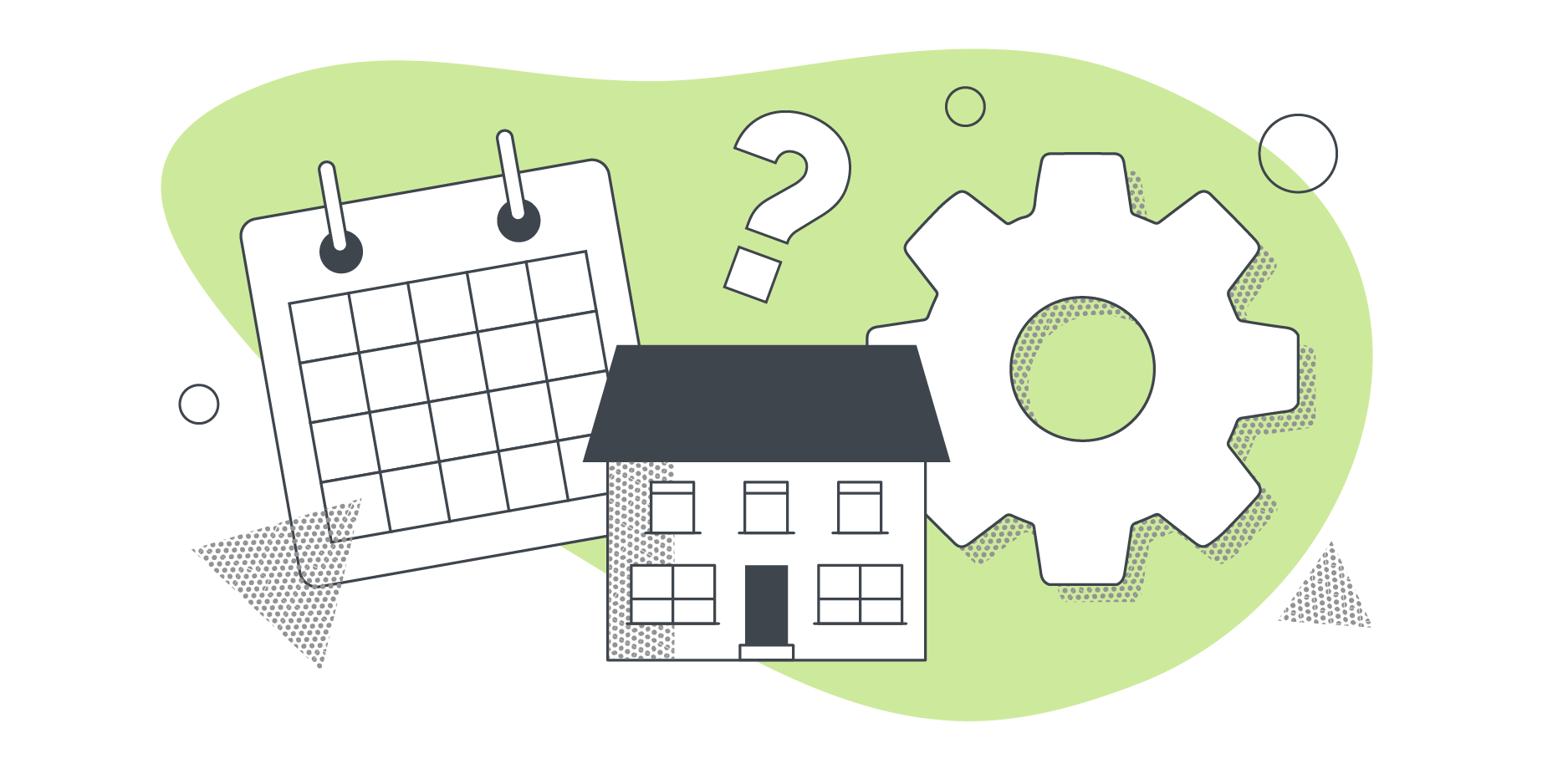
Is the process of buying a new-build home different?
The actual process – saving up a deposit, arranging a mortgage and so on – is fundamentally the same. But there are some things you need to consider.
Timescales
Once you’ve put down a deposit you may have to exchange contracts on your purchase soon after. So it’s important to start your mortgage application process as soon as you can, and make sure you’ve done all you can to make sure it’s successful.
Mortgage offer periods
Most lenders are familiar with people buying brand-new homes and also buying ‘off-plan’, when you purchase a home before it’s been built. However, your mortgage offer may only last for six months, so you’ll need to complete your purchase within that period.
If you think your new home may not be ready in time, you may be able to get your lender to extend the offer period. Some also have special new-build mortgages with offer periods up to 6 months longer – a mortgage adviser should be able to help you find these.
Here to help
There’s a lot to think about when you’re a first-time buyer, which is why we’ve created some handy guides to help you through.
Find your brand-new home today
Arranging a mortgage can take a bit of time and effort, but when you finally get the keys to your brand-new home you’ll know it’s all been worth it.
1 First time buyer average deposit in the UK from 2020 to 2021, by region. Statista, 2022.
This guide to mortgages was produced in collaboration with L&C Mortgages, the UK’s largest fee free mortgage broker and adviser



